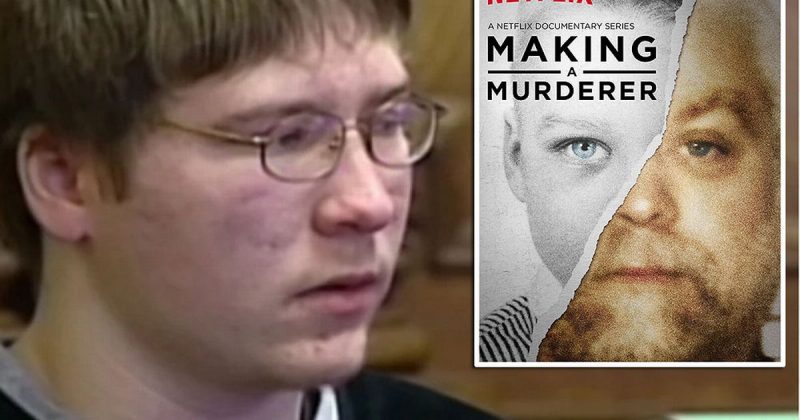
The State of Wisconsin is treating “Marking a Murderer” documentary subject Brendan Dassey much like the way the State of Arkansas treated “West Memphis Three” Damien Echols, Jason Baldwin and Jesse Misskelley Jr. Dassey recently had his conviction overturned, and now the prosecutor is looking to keep him behind bars even longer.
We personally saw this happen to the Echols, Baldwin and Misskelley for years as the State of Arkansas did everything in its power to keep the three behind bars even though the evidence in their defense was rather overwhelming. Many WM3 supporters saw similarities in this case and have joined in the fight as it continues on.
Brendan Dassey, the Wisconsin man whose murder conviction was questioned on the popular “Making a Murderer” documentary series on Netflix, will have to spend at least a little more time in prison.
Brad Schimel, the attorney general in Wisconsin, on Friday appealed a federal judge’s Aug. 12 decision that overturned Mr. Dassey’s conviction in the 2005 killing of Teresa Halbach, a 25-year-old photographer in Manitowoc, Wis. In overturning the conviction, the judge, William E. Duffin of the Eastern District of Wisconsin, gave prosecutors 90 days to schedule a new trial or free him from prison.
The appeal of the judge’s decision means that Mr. Dassey will remain in prison pending the outcome.
The 10-part Netflix series by Laura Ricciardi and Moira Demos, released in December, suggested that police investigators unfairly questioned Mr. Dassey, then 16, without a lawyer or parent present. He was portrayed as mentally unfit and suggested investigators coerced him into a confession. Judge Duffin agreed, saying that the authorities’ conduct was unconstitutional.
Dassey, 26, was a teen when he was convicted in 2007, along with his uncle Steven Avery, of murdering Halbach in 2005. Dassey is sentenced to 41 years in prison on charges of first-degree intentional homicide, second-degree sexual assault, and mutilation of a corpse in the Manitowoc County case. He turns 27 on Oct. 19.
Dassey’s confession, and the murder of Halbach in general returned to the spotlight thanks to Netflix’s documentary series “Making a Murderer.” The 10-part show followed him and his uncle Avery’s first conviction, which landed him in prison for 18 years until he was exonerated. He was later accused of murdering Halbach, a photographer who had photographed his car for Auto Trader magazine.
But Mr. Schimel, in a statement released on Friday, said: “We believe the magistrate judge’s decision that Brendan Dassey’s confession was coerced by investigators, and that no reasonable court could have concluded otherwise, is wrong on the facts and wrong on the law. Two state courts carefully examined the evidence and properly concluded that Brendan Dassey’s confession to sexually assaulting and murdering Teresa Halbach with his uncle, Steven Avery, was voluntary, and the investigators did not use constitutionally impermissible tactics.”
The ruling does not directly affect Mr. Dassey’s uncle, Steven Avery, whose conviction was also examined in the documentary series. His new lawyer hopes new forensic testing and evidence could lead to his exoneration.
“The Halbach family has been notified of the appeal and fully supports the State’s decision to seek justice on behalf of their daughter” Schimel added in his statement. The Attorney General filed the notice of said appeal in the United States District Court for the Eastern District of Wisconsin on Friday.
Netflix will be releasing more “Making a Murderer” episodes chronicling the post-conviction process. For anyone who followed the “Lost Paradise” documentary trilogy, it appears Netflix may wind up with three seasons of “Making a Murderer” as this case drags on.


